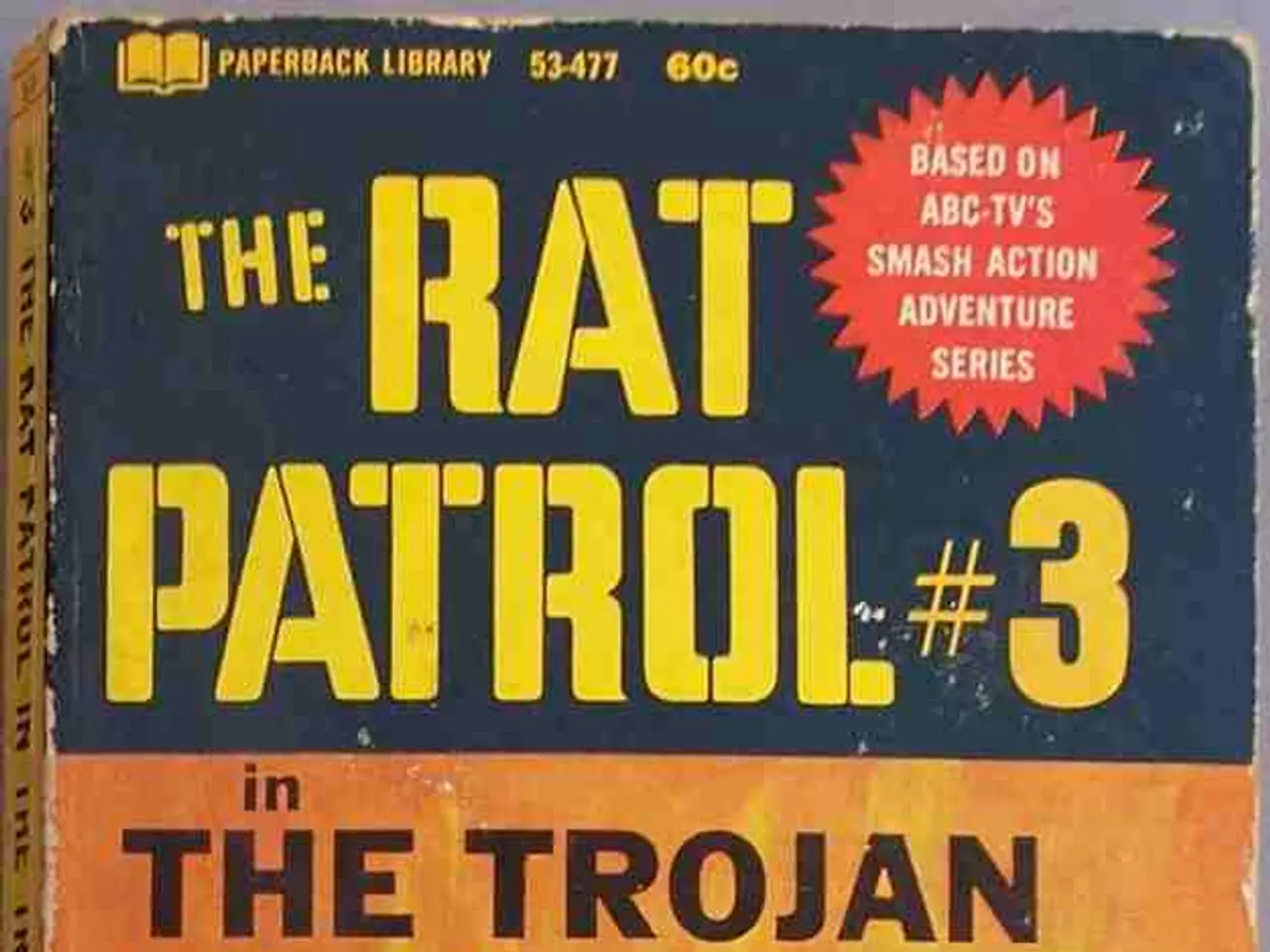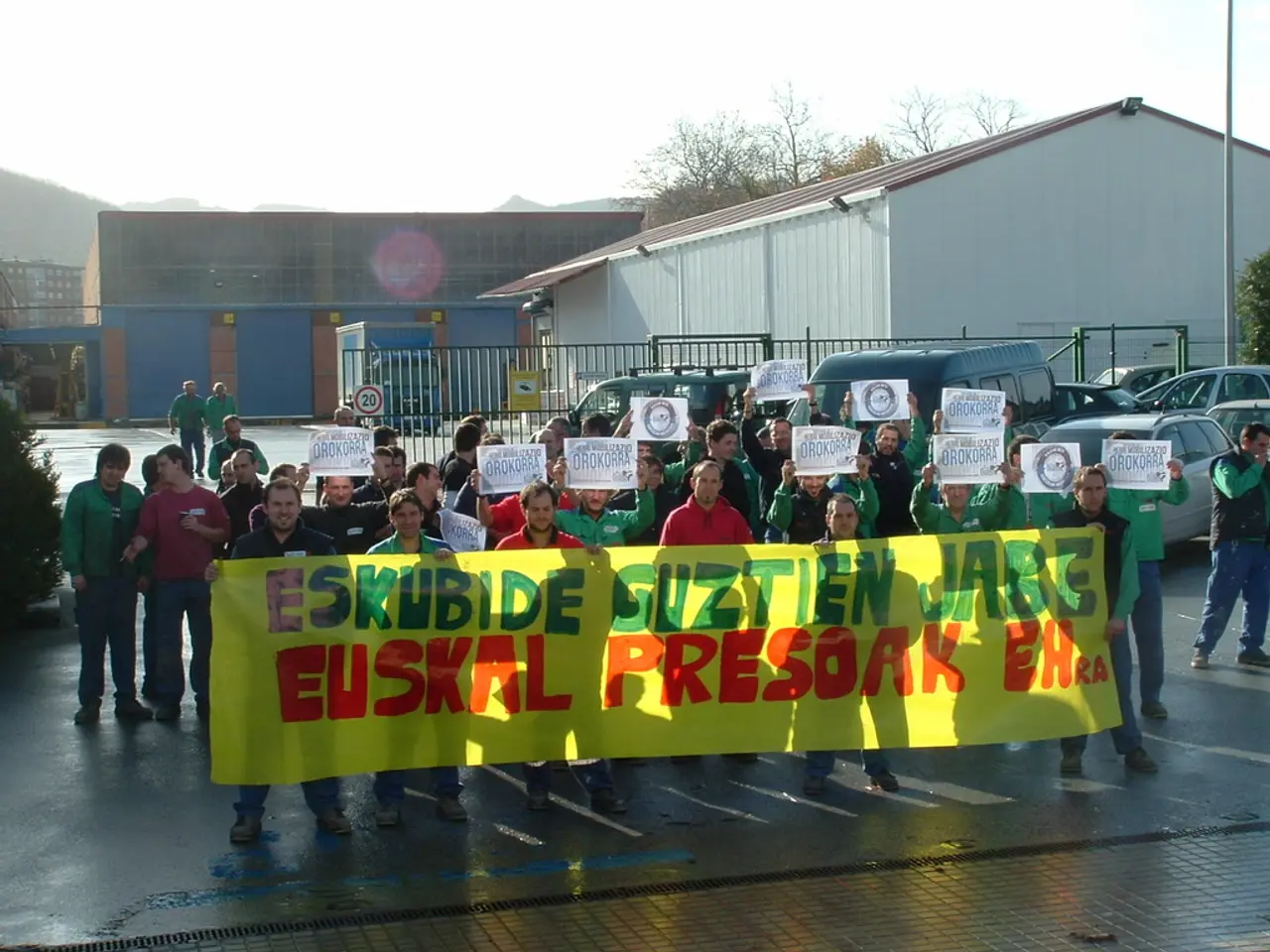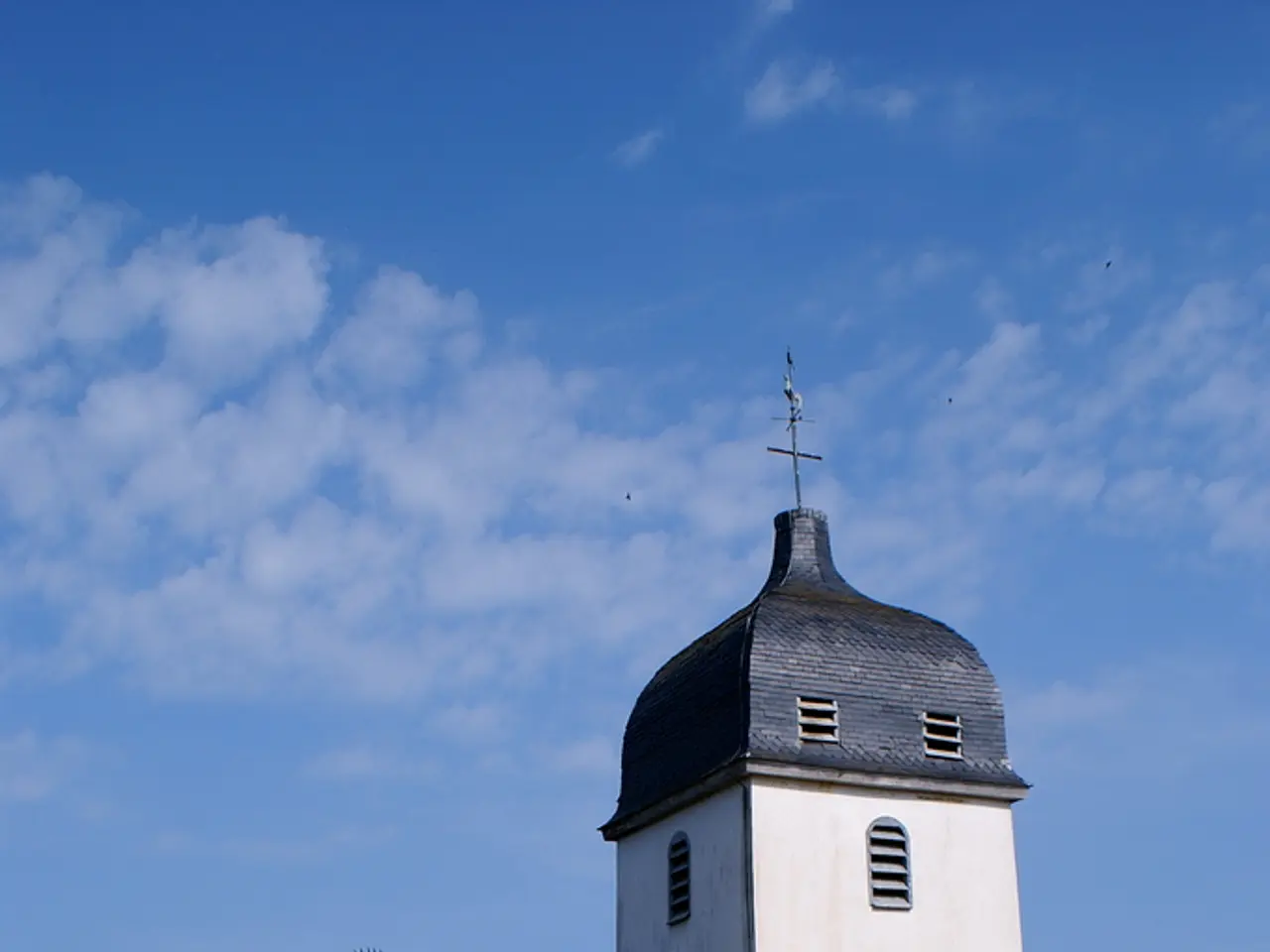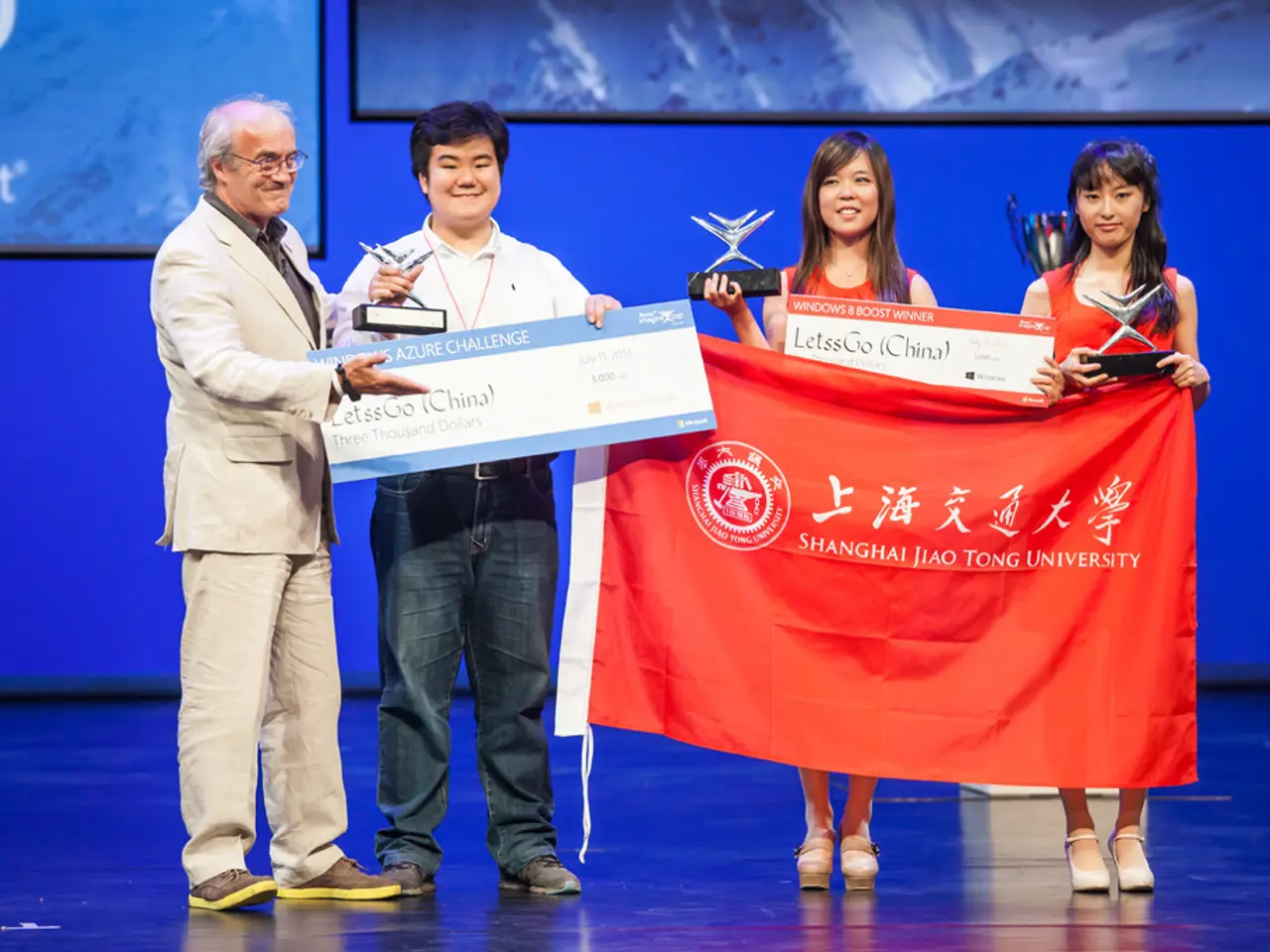Latin American Anti-Corruption Studies Day: Arenas, Actors, and Movements
In a recent academic conference, experts and scholars from various universities across the globe gathered to discuss the cross-regional mobilization and circulation of norms, expertise, and activism related to corruption in Latin America. The event, which took place in an undisclosed location, featured speakers such as Paca Zuleta, Fernanda Odilla, Romain Busnel, Helene Combes, Adriana Urrutia, Marie-Helène Sa Vilas Boas, and Sebastian Pereyra.
The conference aimed to examine how anti-corruption efforts in the region are shaped through transnational networks and exchanges. The focus was on how actors move beyond national boundaries to adapt and reinterpret anti-corruption norms and practices, facilitating activism and expertise sharing that influence regional political and institutional reforms.
One of the key aspects of the analysis was the role of cross-regional networks in enabling local and regional actors to mobilize against corruption. By sharing knowledge, strategies, and norms about transparency and accountability, these networks support building capacities across countries to combat corruption more effectively.
Norm diffusion and expert exchange also played a critical role. Ideas and models developed in one country or international context were translated and adapted in others in Latin America, contributing to evolving standards of anti-corruption governance.
Activism and civil society participation were amplified via these cross-border linkages, allowing grassroots and expert groups to create pressure for reform and institutional change within countries, reinforcing wider regional trends.
However, the conference also discussed the challenges of contextualizing global anti-corruption norms within the specific political, cultural, and institutional realities of Latin American countries. The interplay between universal anti-corruption frameworks and local adaptations was emphasized.
Helene Combes concluded the event at 17h30, while Marie-Hélene Sa Vilas Boas examined legal categories and ordinary judgments related to the Lava Jato case in Brazil at 15h00. Fernanda Odilla discussed bottom-up initiatives and anti-corruption technologies, focusing on scandals, mobilization, and innovation in Brazil and Uruguay. Romain Busnel and Hélène Combes presented on journalists and experts mobilized against corruption in Mexico.
Paca Zuleta presented on whether corruption is enough to mobilize the Latin American population, and Sebastian Pereyra discussed professional whistleblowers and public opinion mobilization in the 'Contrabando de armas' case, Argentina, at 16h00. Adriana Urrutia discussed the institutionalization of corruption in Peru and its impact on citizen mobilization at 14h00.
Gilles Favarel-Garrigues participated in a discussion at 17h30. The study day was organized around a series of interventions situated in different Latin American countries - Argentina, Brazil, Colombia, Mexico, Peru, Uruguay, and Venezuela.
This study day invited a double de-compartmentalization, both of sub-disciplines and constructions of the object. The speakers’ multidisciplinary perspectives likely examined how networks of experts and activists negotiate knowledge flows and institutional reforms across Latin America, illustrating that anti-corruption is not confined to national borders but is a transnational process involving circulation of norms, expertise, and collective mobilization.
While the search results do not provide detailed content directly from this particular conference, these themes are consistent with broader trends in Latin America where anti-corruption movements and policies increasingly result from interactions across regional and global actors sharing expertise and fostering activism. The evidence of strengthened regional cooperation, knowledge sharing, and institutional capacity-building efforts highlighted in related anti-corruption projects within other global regions, such as the UNDP’s cross-country mentoring programs in the Pacific, indicates a comparable mobilization in Latin America involving activists, experts, and institutional actors.
In summary, the conference’s analysis centers on the dynamic processes of cross-regional mobilization and circulation of norms and expertise that empower Latin American anti-corruption activism and shape institutional reforms in a regional and global context.
In the realm of science and general news, the conference delved into the cross-regional mobilization and circulation of norms, expertise, and activism related to anti-corruption efforts in Latin America. Political discussions focused on how local actors in Latin America work together across borders, adapting and reinterpreting anti-corruption norms and practices for regional institutional reforms. Meanwhile, medical-conditions-related discussions centered on how cross-border linkages allowed for knowledge-sharing and building capacities to combat corruption more effectively.






